Human alpha-Galactosidase A/GLA ELISA Kit
$299.00 – $419.00
ELISA Kit Detail Information
| Related Target | |
|---|---|
| Species | human |
| Sample Type | Serum, plasma, cell culture supernatant, and other biological samples |
| Sample Volume | 20 μL |
| Sensitivity | 53.55 pg/mL |
| Array Range | 0.5 ng/mL – 32 ng/mL |
| Assay Time | 3.5 h |
| Recovery | 73% – 127% |
| Average Recovery | 93% |
| Intra Precision | 4.9% – 8.5% |
| Inter Precision | 3.5% - 7.7% |
| Plate | Detachable 96-well plate |
| Storage | If the reagent kit is unopened, it should be stored at 4℃. However, if it has been opened, the standard solution should be stored at -20℃, while the other components should be stored at 4℃. |
| Delivery | 4℃ blue ice transportation |
| Components | 96-well polystyrene enzyme-linked immunosorbent assay (ELISA) plate coated with anti-alpha-Galactosidase A/GLA monoclonal antibody Human alpha-Galactosidase A/GLA freeze-dried standard Human alpha-Galactosidase A/GLA detect Antibody Standard Diluent Assay Buffer(10×) Substrate TMB Stop Solution Washing Buffer(20×) Sealing Film |
| Assay Principle | This kit utilizes a double-antibody sandwich enzyme-linked immunosorbent assay (ELISA) technique. Specific anti-human GLA antibodies are pre-coated on a high-affinity ELISA plate. Standard samples and test samples are added to the wells of the ELISA plate. After incubation, the GLA present in the sample binds to the solid-phase antibody. After washing to remove unbound substances, detection antibodies labeled with horseradish peroxidase (HRP) are added and incubated. After washing to remove unbound detection antibodies, the TMB chromogenic substrate is added for color development while avoiding light. The intensity of the color reaction is directly proportional to the concentration of GLA in the sample. The reaction is terminated by adding a stop solution, and the absorbance value is measured at a wavelength of 450 nm (with a reference wavelength range of 570-630 nm). |
Related Targets
GLA
GLA Target Infomation Overview
- Target Symbol: GLA, galactosidase alpha
- Gene Groups: Galactosidases alpha
- Alias: GALA
GLA, galactosidase alpha Target Infomation by Species
- Human
- Mouse
- Rat
Human GLA Target Information
- Target Symbol: GLA, galactosidase alpha
- Alias:
- agalsidase alfa
- alpha-D-galactosidase A
- alpha-D-galactoside galactohydrolase 1
- alpha-gal A
- alpha-galactosidase A
- GALA
- galactosidase, alpha
- galactosylgalactosylglucosylceramidase GLA
- melibiase
- NCBI_Gene: 2717
- UniProtKB: P06280
Human GLA Predicted Functions
Enables hydrolase activity, hydrolyzing O-glycosyl compounds; protein homodimerization activity; and signaling receptor binding activity. Involved in glycosphingolipid catabolic process and oligosaccharide metabolic process. Located in Golgi apparatus; extracellular region; and lysosome. Implicated in Fabry disease.
Mouse Gla Target Information
- Target Symbol: Gla, galactosidase, alpha
- Alias:
- Ags
- alpha-galactosidase
- NCBI_Gene: 11605
Mouse Gla Predicted Functions
Enables alpha-galactosidase activity. Involved in negative regulation of nitric oxide biosynthetic process and negative regulation of nitric-oxide synthase activity. Acts upstream of or within glycosylceramide catabolic process. Located in extracellular space and lysosome. Is expressed in several structures, including adrenal gland; alimentary system; brain; genitourinary system; and liver and biliary system. Used to study Fabry disease. Human ortholog(s) of this gene implicated in Fabry disease. Orthologous to human GLA (galactosidase alpha).
Rat Gla Target Information
- Target Symbol: Gla, galactosidase, alpha
- Alias:
- alpha-galactosidase A
- galactosidase, alpha (mapped)
- Gla_mapped
- NCBI_Gene: 363494
- UniProtKB: D3ZJF9
Rat Gla Predicted Functions
Enables alpha-galactosidase activity and galactoside binding activity. Predicted to be involved in several processes, including glycosylceramide catabolic process; negative regulation of nitric oxide biosynthetic process; and negative regulation of nitric-oxide synthase activity. Located in lysosome. Used to study Fabry disease and lysosomal storage disease. Human ortholog(s) of this gene implicated in Fabry disease. Orthologous to human GLA (galactosidase alpha).

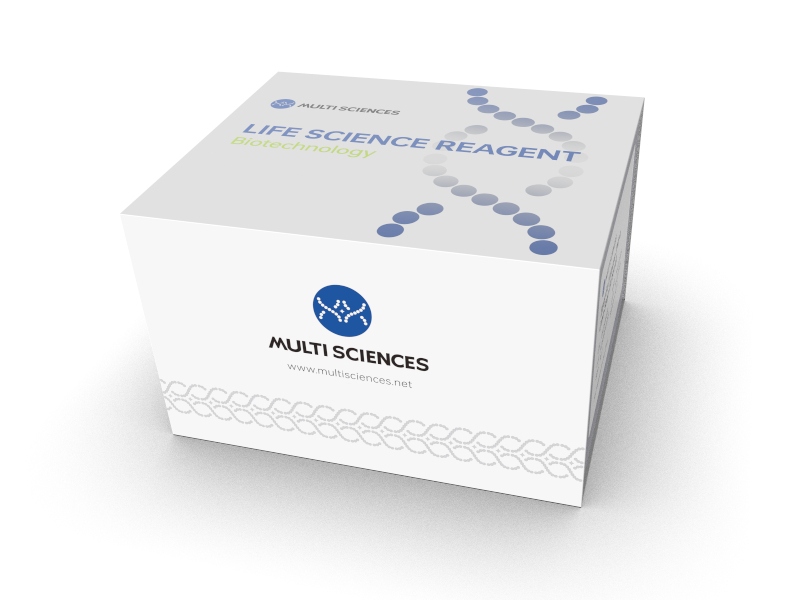
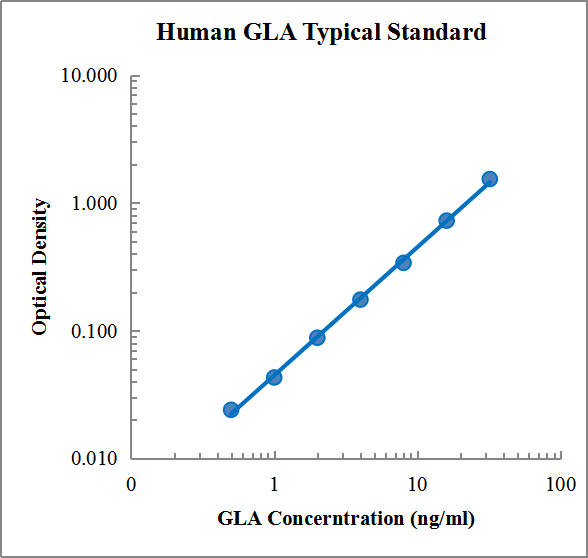
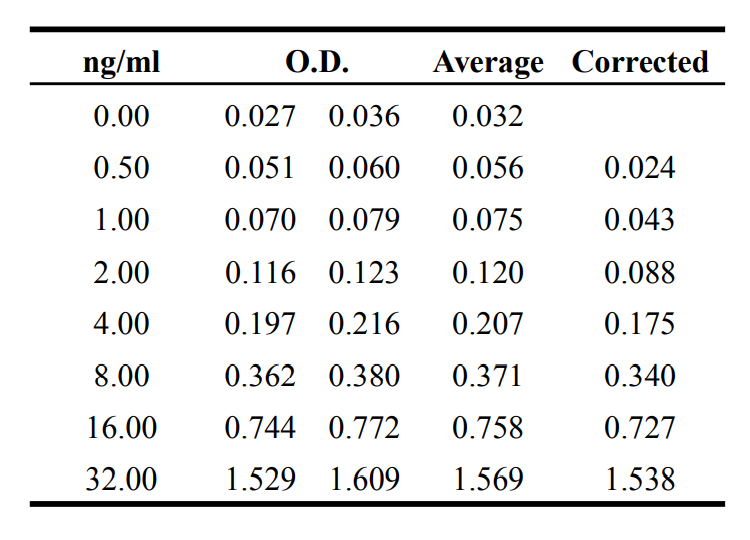

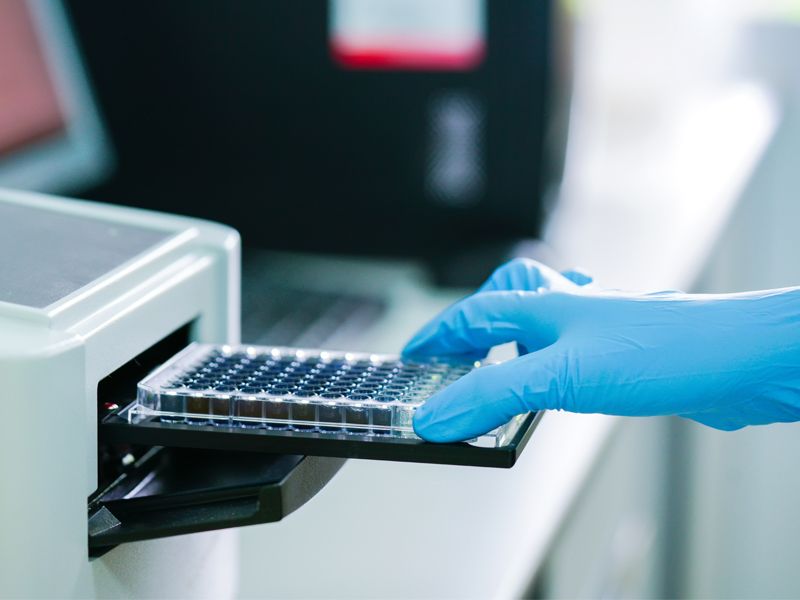
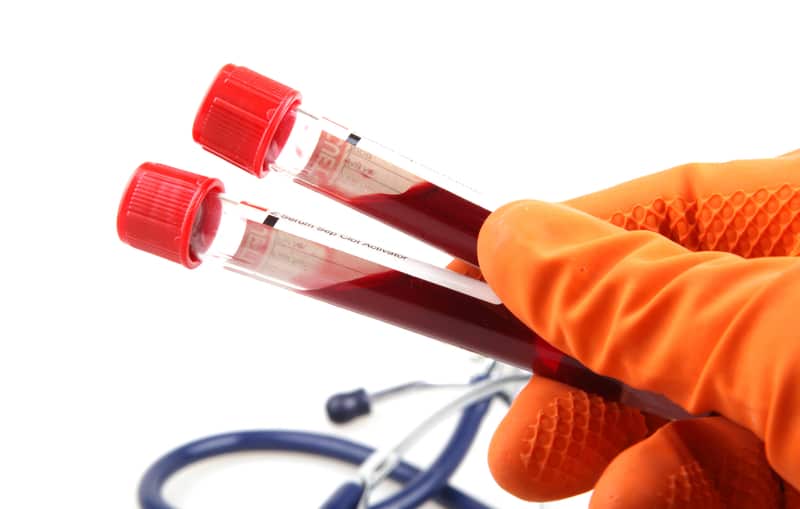

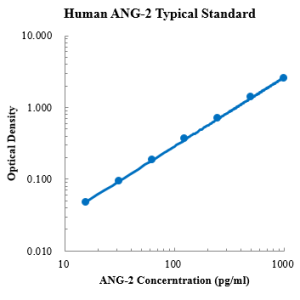
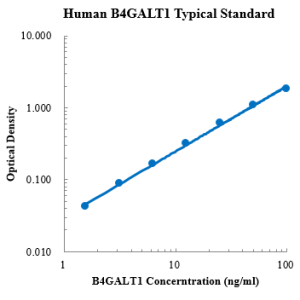
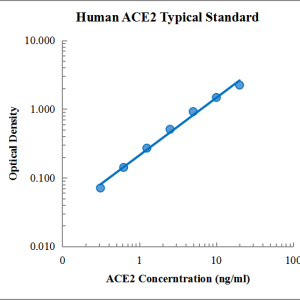
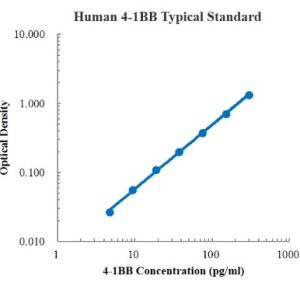
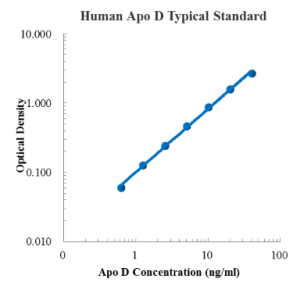
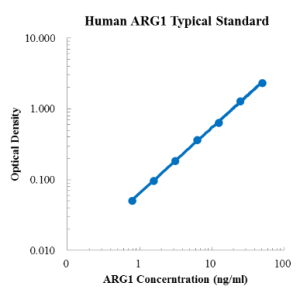
Reviews
There are no reviews yet.